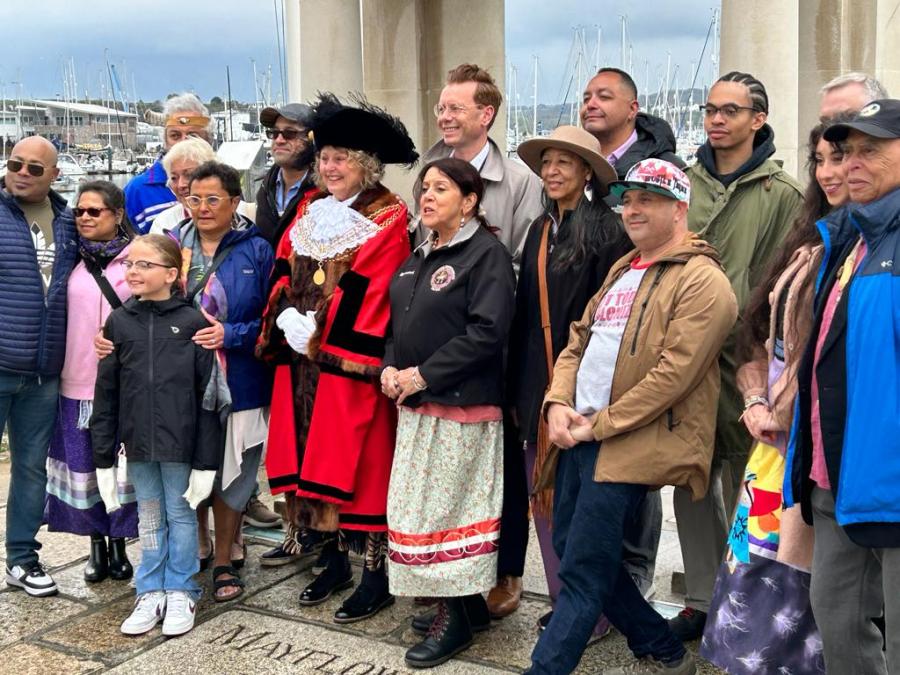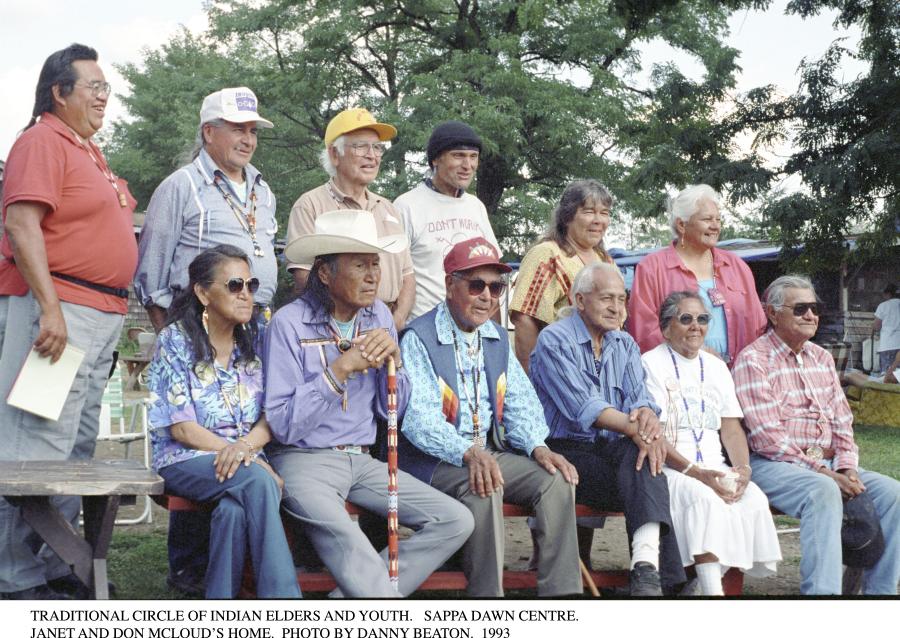This lights are on at the White House, President Clinton has rolled up his sleeves and sent a signal that his administration intends to tackle tough problems. IN public appearances and his first major address to Congress, Clinton displays a refreshing openness to new ideas. Even the skeptical express strings of hope. A friend recently confessed "feelings for the President."
The President's welcome attitude applies to domestic affairs, especially the economy. Yet if I had a chance to sit and talk with Bill Clinton, I would also want to talk about the new world order, about democracy and the piercing need for hope at the end of a bloody century.
Maya Angelou's words "On the Pulse of a New Morning" capture so much for me.
Lift up you faces, you have a piercing need
For this bright morning dawning for you.
History, despite its wrenching pain,
Cannot be unlived, but if faced
With courage, need not be lived again.
The people of the United States need hope - about possibilities at home, about jobs, education, and universal health care. We also need to realize - and want our children to feel - the era of possibilities that has come with the end of the Cold War.
The possibilities are linked to critical leaps of imagination.
It is almost impossible to remember that most states have arisen since World War II. States have evolved into highly militarized institutions that may seem permanent yet are, in fact, increasingly peripheral to solving problems as the (re)assertion of national identities challenges assumptions about how the world is organized. What is the place of "states" when the racism and ethnic hatred influencing global politics and U.S. foreign policy for most of this century threaten democracy both here at home and its prospects abroad? Conflicts in the Middle East, Somalia, and Bosnia echo in the explosion of a terrorist bomb in New York City.
Now, however, there is a generation of leaders whose imagination drives not from World War II, but from a world of shrinking resources. Instead of a bipolar world order, this generation's concerns are being shaped by the limited carrying capacity of the earth's fragile environment and the smallness of a planet linked intimately by modern technology.
Perhaps the most important leap of imagination, but one that has yet to influence Washington deeply, is the global search for just a democratic political systems. This is the challenge for an administration that seeks economic reform yet remains weeded to a timid foreign policy.
In that search, there is much talk about winning and losing at the end of the Cold War. There is, too, talk about how people all over the world are moving toward democracy. But while we in the United States like to think that our country sends democracy abroad, our real export has been support for elites who deny the rights of their own citizens. In this, the United States has had its minor image on the other side of the EastWest divide. In no small way does this explain why most shooting wars over the last half century had taken place in developing countries, waged by states against their own citizens. These wars, a by-product of the Cold War and political systems built on repression, torture, and poverty, have claimed millions of lives.
If the United States is truly to promote democracy abroad, it will start by importing some new democratic values into our own economic and political systems. Our problems, as a nation and as a global community, can only be solved by working with very local actors - not only on local problems but on national and international ones as well. The context for decision making can't be provincial, but the provinces must be involved in the decision making. The resolution to complex ethnic conflicts, like the long-term health of the earth's environment, is linked to the creation of effective governing institutions.
In this challenge to democracy, the world's indigenous peoples have much to teach. And, in our own small way, this is a message we at Cultural Survival have sought to convey. Working with small societies in fragile environments, particularly tropical forests, Cultural Survival has fostered ways to deal with the deep divisions between peoples and states and between societies and ecosystems. Cultural Survival builds on communal values that lead many indigenous peoples to live in fruitful harmony with their resources.
In the search for democratic models to import, the Clinton administration might consult this Cultural Survival Quarterly. In its pages, writers from all over the americas describe how a wide variety of communities in Canada, the United States, Mexico, and South America are struggling, despite too little capital or institutional support, to meld traditional knowledge often their most precious economic and cultural resource. In these societies, models are emerging for maintaining community decision making and sustainable development.
Like all editions of CSQ, "Resources and Sanctuary" explores problems and solutions from the local level, but the lessons are international in scope. As the cases explored here suggest, the world must defy the physics of violence propelling it word more violence, poverty, and environmental destruction. We cannot move into a century of justice by pursuing old strategies.
WHAT IS CULTURAL SURVIVAL?
Since 1972, CS has helped indigenous people and ethnic minorities deal as equals in their encounters with industrial society.
We insist that cultural difference are inherent in humanity; protecting this human diversity enriches our common earth. Yet in the new of developing and progress, native peoples lose their lands, their natural resources and control over their lives. The consequences often are disease, destitution, and despair - and war and environmental damage for us all. The destruction is not inevitable.
CS resources management programs enhance the ability of native peoples to manage natural resources.
Cultural survival Enterprises builds markets for products that native communications can harvest in a substainable manner. CSE helped originate Rainforest Crunch and supplies the nuts for it.
The Center for Cultural Survival links research to action on behalf of indigenous people as they shape their future and protect their resources.
CS education and public-policy programs underscore for the reaching relevance of indigenous issues. CS publishers Action for Cultural Survival, information packs, and slides show, and offers workshop and briefings for schools, community groups, and the media.
Please help us achieve our goals - by enlisting in our item program, buying our publications, writing for Cultural Survival Quarterly, or organizing a fundraisers in your school or community.
Article copyright Cultural Survival, Inc.



